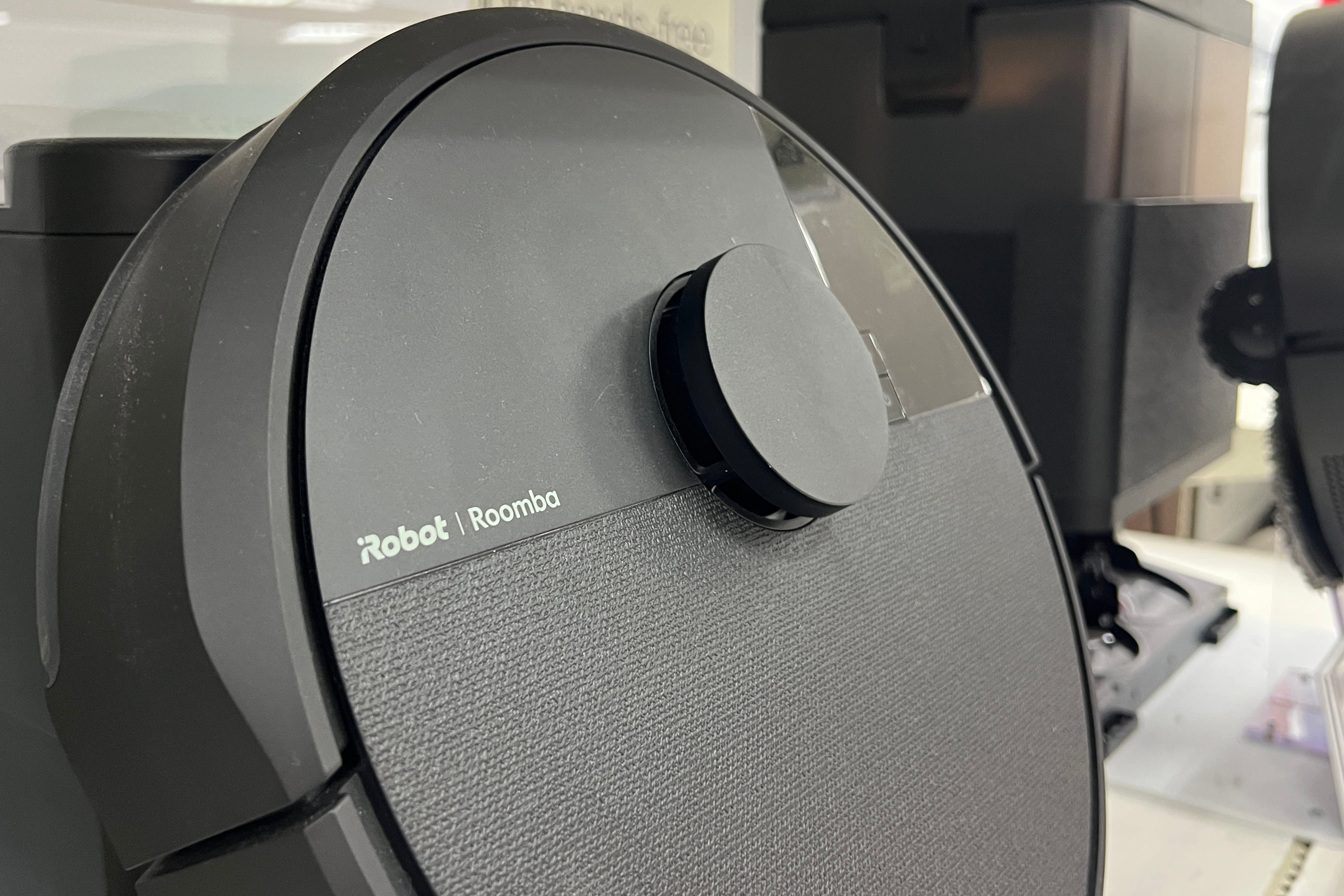German chancellor Olaf Scholz has signed a letter of intent with US chip giant Intel for a new factory complex in Magdeburg, 150km southwest of Berlin – backed with a reported €9.9 billion in state subsidies.
After months of high-end talks, the €30 billion deal – a record foreign investment for Germany – was signed in Berlin on Monday by Mr Scholz and Intel chief executive Pat Gelsinger.
Since a preliminary agreement was signed last November the level of investment has risen from an original €17 billion. The level of public subsidies has ballooned, too, by nearly 46 per cent and will require backing from the European Commission.
Mr Gelsinger said Intel hoped to be producing chips at the plant within five years in the central German state of Saxony-Anhalt.
READ MORE
“This creates a capacity corridor… that is unrivalled and a major step toward a balanced and resilient supply chain for Europe,” Mr Gelsinger said, praising Germany’s “shared commitment to fulfilling the vision of a vibrant, sustainable, leading-edge semiconductor industry in Germany and the EU”.
Mr Scholz said the investment in Magdeburg would allow Germany “catch up technologically with the world’s best, expanding our own capacities for the ecosystem development and production of microchips”.
Intel’s larger-than-expected investment in Magdeburg will see two state-of-the art semiconductor factories operating on the site. It follows last week’s announcement of a new assembly and test plant further east in the Polish city of Wroclaw.
[ Intel shares climb on bullish on outlook for second quarterOpens in new window ]
[ Intel wants €5bn more from Germany for plant but Irish expansion on trackOpens in new window ]
Intel says its aim is to create a new “Silicon Junction” in central Europe with “leading-edge end-to-end semiconductor manufacturing” and a “more resilient semiconductor supply chain”.
Construction will create 7,000 jobs, according to the company, followed by 3,000 permanent production jobs and tens of thousands of secondary ones as suppliers are drawn to the region.
The plant is part of a series of high-tech deals in the region, following Tesla’s new factory 35km outside the capital in Brandenburg.
The Intel investment marks a massive boost for Saxony-Anhalt. In pre-war years, it was one of Europe’s leading engineering regions but then it fell behind as part of socialist East Germany. Since unification the state has struggled with deindustrialisation, unemployment and a huge departure of young people.
For Carsten Schneider, special representative for Germany’s eastern states, the Intel agreement demonstrates how “the [investment] efforts of the last years have paid off and are to make re-industrialisation possible”.
[ German call for English to be second official language amid labour shortageOpens in new window ]
“The economic map of Germany is being redrawn,” he added.
The multibillion public subsidies promised to Intel have attracted criticism from leading economists and analysts.
“The money would have been definitely better spent in education rather than such prestige projects,” said Stefan Kooths, deputy head of the Institute for World Economy in Kiel. “We are showing that Intel only comes when regional drawbacks are evened out with subsidies. The subsidies genie we have let out of the bottle here will be difficult to get back in.”
Economist Clemens Fuest, president of Munich’s Ifo Institute, said it was “not at all clear what exactly will be produced in Magdeburg, whether it will be chips that Germany and Europe need and, in a crisis, will actually get”.















